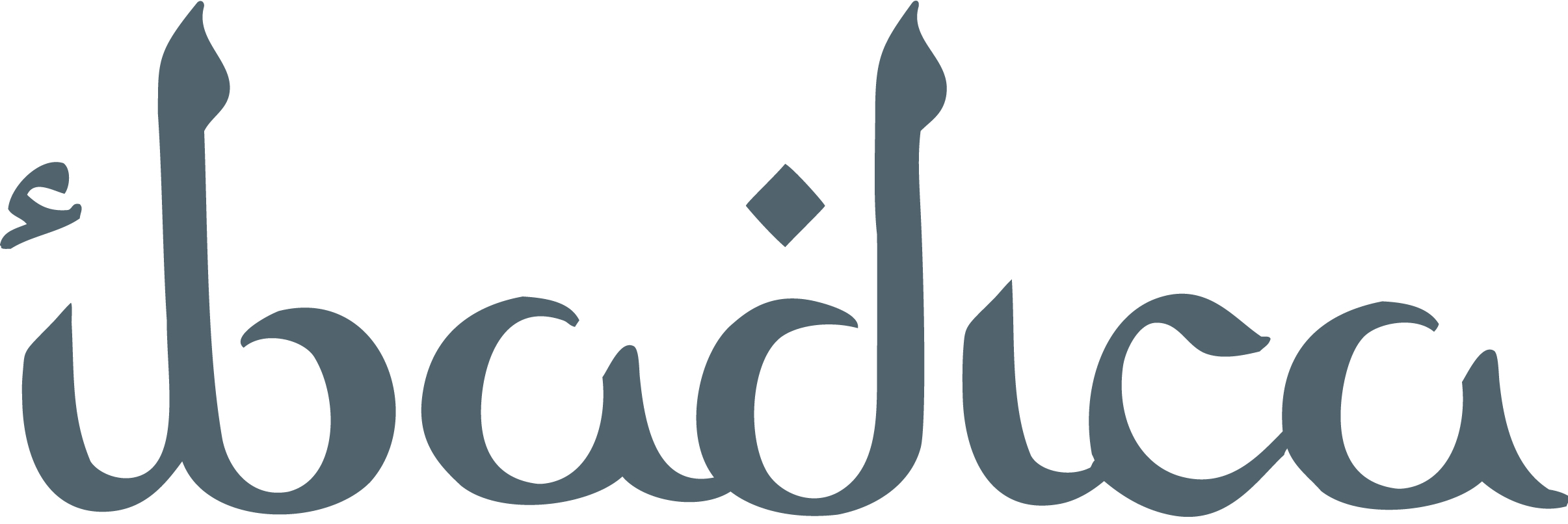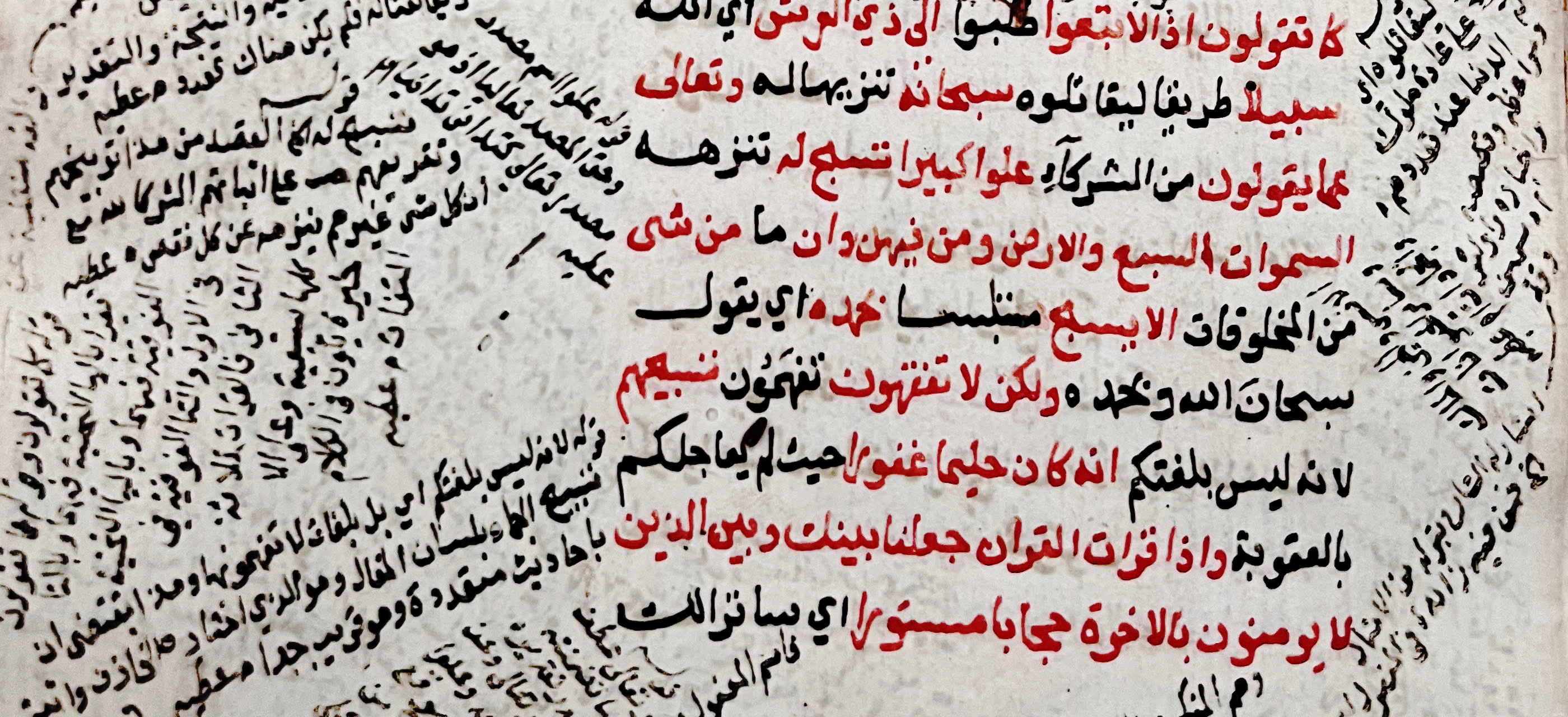THE JEWISH PRESS OF TUNISIA / עתונות יהודית בתוניסיה
Contenu
- Titre
- THE JEWISH PRESS OF TUNISIA / עתונות יהודית בתוניסיה
- Créateur
- הטל, אברהם Voir tous les contenus avec cette valeur
- Attal, Robert Voir tous les contenus avec cette valeur
- Date
- 1989
- Dans
- Kesher / קשר Voir tous les contenus avec cette valeur
- Résumé
- העתונות היהודית בתוניסיה היא תופעה מיוחדת במינה בקרב קהילות ישראל בארצות המזרח וצפון אפריקה: במשך כשמונים שנות קיומה יצאו לאור בארץ זו מספר גדול של עתונים יהודיים, ללא השוואה לנעשה בארצות אחרות. מאז סוף ה- 19 ועד תחילת שנות ה-60 יצאו בתוניסיה 79 עתונים ביהודית-ערבית, בלוב 14, באלג'יריה 10 ובמרוקו 9; בצרפתית ראו אור בתוניסיה 48 עתונים יהודים, באלג'יריה 33 ובמרוקו 28; בעברית הופיעו בתוניסיה בפרק זמן זה 16 עתונים, בלוב 4 ובמרוקו 2. בסך הכל הופיעו בתוניסיה בין השנים 1878-1967 143 עתונים יהודיים, וזאת בקהילה שמנתה בסוף ה-19 כ-35-40 אלף נפש, באמצע שנות ה- 20 כ-55 אלף ובשנת 1948 — כ-70 אלף נפש. The Jewish press of Tunisia was a unique phenomenon within the Jewish communities of the Arabic-speaking countries. During its 80-year history, from the end of the 19th century to the 1960s, it produced more Jewish newspapers than anywhere elso. There were 79 Judeo-Arabic newspapers in Tunis (with 14 in Libya, 10 in Algeria and 9 in Morocco); 48 French-language Jewish newspapers (33 in Algeria, 28 in Morocco); and 16 Hebrew newspapers (4 in Libya, 2 in Morocco). Between 1878 and 1967 there were a total of 143 Jewish newspapers published in Tunisia, in a community that numbered only 35,000-40,000 at the end of the 19th century; approximately 55,000 during the mid-1920s; and some 80,000 in 1948. The earliest newspapers appeared in Judeo-Arabic (Arabic written in Hebrew letters), beginning in 1878. They were small papers, mostly short-lived. The first Tunisian Jewish daily began publication in 1889 — "El Tiligraf," edited by Messaoud Maarek, and linked to the oldest telegraphic agency, Havas. But this paper, as all other Jewish papers, ceased publication in 1895 because of a steep levy imposed on all newspapers in Tunisia. The Jewish press revived in 1904, changed in character. A Zionist weekly, "Al Athad," began publication. An important new daily, "El Sabah" ("The Morning," published until 1936), edited by the accomplished Judeo-Arabic writer Jacob Cohen, along with several other competing papers, were now composed in a modern style, catering to a new generation of educated, European-oriented, French-speaking Jews. Another major paper was the weekly "El Najma" ("The Star"), published in the city of Sousse from 1920 to 1961. The Judeo-Arabic newspapers were highly specialized in orientation: some were literary, some political and some humorous and satirical — a particularly popular format. This press reached its zenith during the early 1900s, to be replaced in popularity by French-language newspapers. The two major French-language papers, both weeklies, were the pro-French, progressive "La Justice" (1907-14; 1923-33), edited by Mordochée Smaja, and the more conservative "L'Egalité" (1911-32; 1940), edited by Joseph Cohen-Ganouna. "La Justice" adopted an anti-religious establishment philosophy, while the rival "L'Egalité" fought to preserve Jewish tradition and prevent Francophilization. Only a few Hebrew newspapers were published in Tunisia before 1948, but they became more numerous thereafter, alongside the French Jewish newspapers, while the Judeo-Arabic press died out almost completely. Similarly, the number of Zionist periodicals in all three languages increased. During the 1940s and '50s, all the Zionist youth movements had their own periodicals. All Jewish papers ceased publication from November 1942 to May 1943 when Tunisia was occupied by German forces and was subject to Vichy law. This was Tunisian Jewry's darkest hour, with thousands of Jews interned in forced labor camps and Jewish property confiscated. Some Tunisian Jews were sent to the death camps of Europe. Fortunately, the Jewish population was saved by the allied victory in Tunisia. The post-World War II period was one of rich Jewish communal life. Moslem Tunisia under French rule, unlike its Arab neighbors, was not hostile to the Jewish population. They were free to demonstrate pro-Israel solidarity, as reflected in the Jewish press. Jewish emigration, especially to Israel, increased during the 1950s, especially after Tunisian independence in 1956, although President Bourguiba was favorably disposed to the Jews. With the number of Jews diminishing, the Jewish press shrank accordingly. The last Jewish periodical appeared in 1967.
- Sujet
- Judaïsme Voir tous les contenus avec cette valeur
- Langue
- eng
- numéro
- 5
- pages
- 87-96
- issn
- 0792-0113
- Source
- JSTOR Voir tous les contenus avec cette valeur
הטל, אברהם et Attal, Robert, “THE JEWISH PRESS OF TUNISIA / עתונות יהודית בתוניסיה”, 1989, bibliographie, consulté le 21 décembre 2024, https://ibadica.org/s/bibliographie/item/680
Position : 1748 (27 vues)

